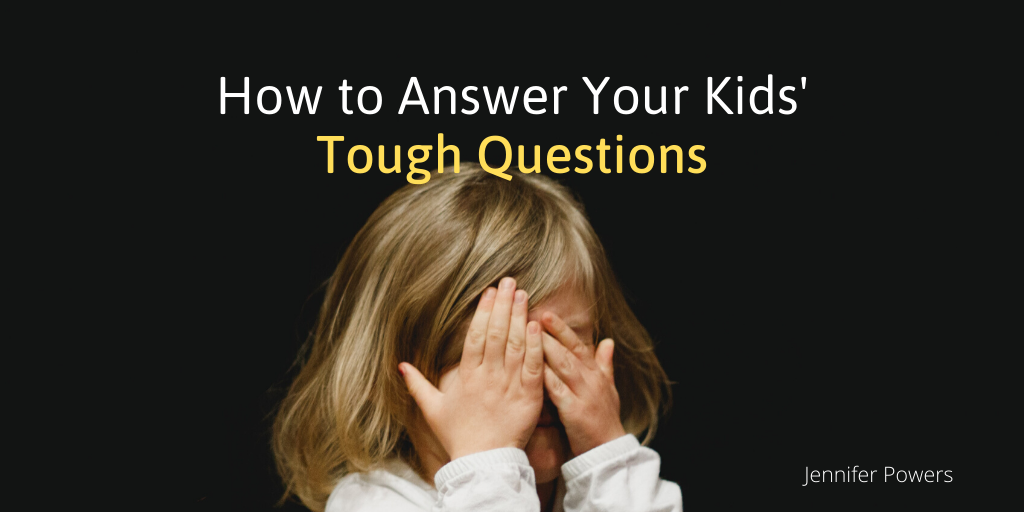Children are curious about the world. Every day they learn something new. Since kids rely on their parents to fill in the blanks and fully answer inquiries, they will ask tough questions out of the blue. A parent should not be afraid or shocked into silence when that moment comes. Instead, they should use the following tips to calmly and effectively answer their children’s questions.
Have your child clarify the question
Children can ask a seemingly-random question because they saw something on the news or overheard something from friends at school or a relative. Before a parent answers a tough question, they should ask the child why they want to know. It’s the simplest way to understand the problem. Sometimes, the child wants a simple yes-or-no answer. Knowing why they ask will help a parent satisfy the child’s curiosity.
Give your child an honest answer
Children are very alert to what’s going on around them. Therefore, the parent shouldn’t act uncomfortable or try to lie to the child. If the parent lies to protect the child, they’re only making matters worse. The child will know the truth sooner or later, and they won’t trust their parents anymore. That child will hide most things because they don’t want the parent to lie to them again. Parents should tell their children the truth, no matter how difficult it can be. They should also limit the answers to a few words because kids take time to understand.
Research the subject together
Parents don’t always have answers to difficult questions. If the kid asks a complicated question, the parent shouldn’t brush them off. Instead, they should research together. The parent can look for a book with the right answer and read it for the child. Alternatively, the parent can shorten the answer in their own words.
Be prepared for follow-up questions
A child can ask the same question repeatedly if they need more time to comprehend the response. In such a scenario, the parent should answer the child, knowing that they’re going to explain the same answer later on. The best way for the parent to be prepared for a follow-up is to answer the question in a few words, observe the child’s reaction, and stop when the child is no longer listening. Later, when the child is comfortable in their room, the parent can ask the child if they still want an explanation of the answer.
When a parent answers tough questions from their kids, it helps forge a strong bond. Parents can better understand the child’s fears and reassure them, and children gain new trust in their guardians. Therefore, parents should be happy when their kids ask questions, no matter how tough they might be!
